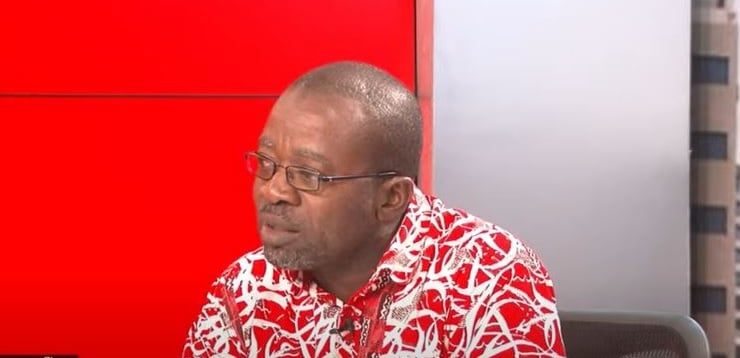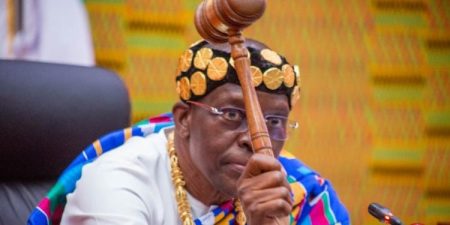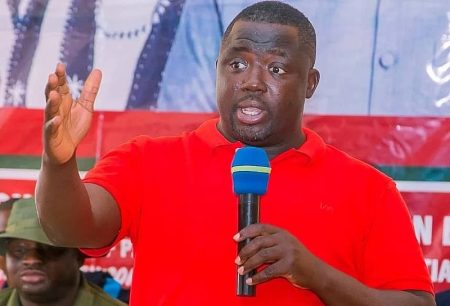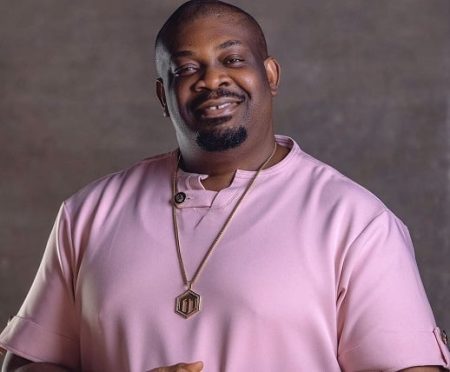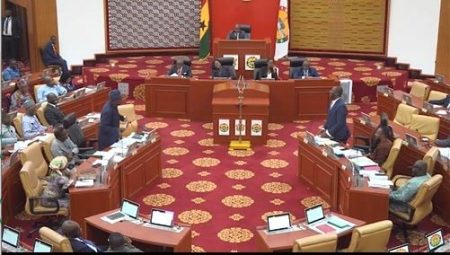The untimely demise of Dr. Kwame Adu Ofori, an emergency physician at Komfo Anokye Teaching Hospital (KATH), has ignited a firestorm of criticism against the Ghanaian government, with Dr. Kwame Asah-Asante, a prominent Political Science Lecturer at the University of Ghana, leading the charge. Dr. Asah-Asante, in a searing indictment of the government’s handling of the situation, condemned the state’s negligence as unforgivable, arguing that Dr. Ofori’s avoidable death is a tragic testament to the decay within public institutions and the collapse of effective national leadership. He expressed profound shame at the circumstances surrounding the death, characterizing them as both unjust and disgraceful, a disservice to a dedicated healthcare professional who served on the frontlines of the nation’s health system.
Dr. Asah-Asante framed Dr. Ofori’s death not as an isolated incident but as a stark symptom of a deeper, more pervasive crisis gripping the nation. He painted a bleak picture of a country hemorrhaging from systemic failures, crippled by poor governance, and lacking the political will to protect its citizens, particularly those who dedicate their lives to public service. This systemic malaise, he argued, extends far beyond the healthcare sector and represents a fundamental breakdown in the social contract between the government and its people. He stressed the urgent need for a collective awakening, urging Ghanaians to reclaim their sense of national belonging, to demand accountability from their leaders, and to actively participate in shaping the future of their nation.
The exodus of young professionals and skilled workers seeking greener pastures abroad, a phenomenon often lamented by government officials, was also addressed by Dr. Asah-Asante. Instead of blaming the departing citizens, he pointed the finger squarely at the leadership, arguing that their failures have created an environment of disillusionment and despair, pushing talented individuals to seek opportunities elsewhere. He challenged the notion that these individuals are abandoning their country, suggesting instead that they are fleeing the consequences of failed leadership and the lack of opportunities at home. He implored Ghanaians to recognize the connection between leadership failures and the brain drain, urging them to hold their leaders accountable through the ballot box and vote out those who have failed to deliver on their promises.
Dr. Asah-Asante’s scathing critique resonates with a growing national outcry over the deteriorating conditions within Ghana’s healthcare system and the broader erosion of public trust in service delivery. His words echo the sentiments of many Ghanaians who see Dr. Ofori’s death as a tragic consequence of neglect and mismanagement. The public’s demand for justice extends beyond seeking individual accountability for Dr. Ofori’s death; it calls for a fundamental shift in the leadership culture that allowed such a tragedy to occur. The demand is for a system that values and protects its healthcare professionals, a system that prioritizes the well-being of its citizens, and a system that fosters trust and accountability.
The tragic loss of Dr. Ofori has become a rallying point for those demanding systemic change within Ghana. It has exposed the deep-seated frustrations of a populace grappling with a failing healthcare system and a broader sense of disillusionment with the government’s ability to provide essential services. The calls for accountability are not merely directed at individual officials but at the entire system that has allowed such failures to persist. This incident has highlighted the urgent need for a comprehensive overhaul of the healthcare sector and a renewed focus on good governance, transparency, and accountability within all public institutions.
Dr. Asah-Asante’s outspoken criticism serves as a powerful reminder of the importance of a vigilant citizenry and the crucial role of public discourse in holding power accountable. His call for Ghanaians to reclaim their nation and demand better from their leaders is a clarion call for active participation in the democratic process. The demand for justice for Dr. Ofori is not just about honoring his memory; it is about demanding a better future for Ghana, a future where the lives and contributions of its citizens, particularly those who serve on the frontlines of essential services, are valued and protected. The tragedy serves as a stark reminder of the human cost of failed leadership and the urgent need for systemic change to prevent similar tragedies from occurring in the future.





